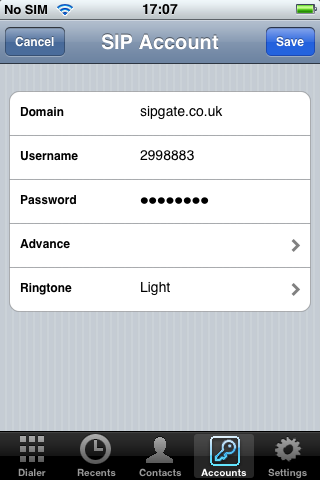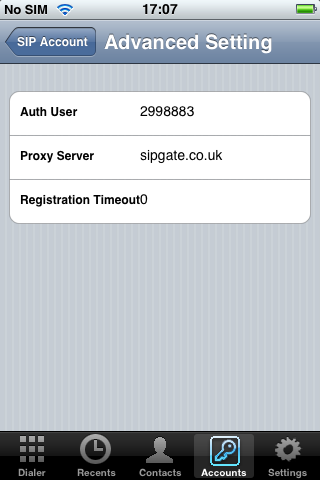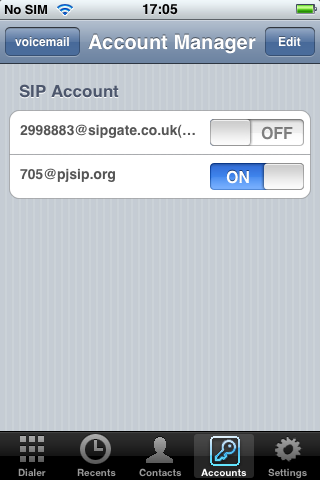[This is a guest post from Gurtej Sandhu, developer relations at RIM]
If you haven’t already heard, the BlackBerry 10 countdown is on. If you have an existing application using PJSIP libraries, this is your opportunity to port your pjsip open source stack to BlackBerry 10 in a matter of minutes. As you may have already heard, Bob Cripps has successfully ported PJSIP to BlackBerry 10. Just very recently Bob has helped simplify building PJSIP for BlackBerry 10 by creating a set of executable scripts. This work has now all been committed to our BlackBerry github repository.
I took this opportunity to dig deep into building PJSIP for BlackBerry 10. As soon as I had my Linux environment up and running with all the prerequisites installed, I am happy to say that it took me less than ten minutes to build and load PJSIP BlackBerry 10 Cascades sample project to my BlackBerry 10 Dev Alpha device. So please don’t try to reinvent the wheel – dive right into this github repository to port PJSIP to BlackBerry 10. Remember to follow the README instructions as they are very important. You can also follow the instructions in PJSIP porting guide knowledge base article.
If you run into any issues in porting PJSIP to BlackBerry 10 you can send me a tweet @_GurtejSandhu or write your comment below and I will be happy to assist.
Again, huge kudos to Bob Cripps for contributing his recent work in simplifying building PJSIP for BlackBerry 10.
Success stories:
http://devblog.blackberry.com/2012/07/voip-development-on-blackberry-10/
BlackBerry 10 Development:
https://developer.blackberry.com/develop/platform_choice/ndk.html








